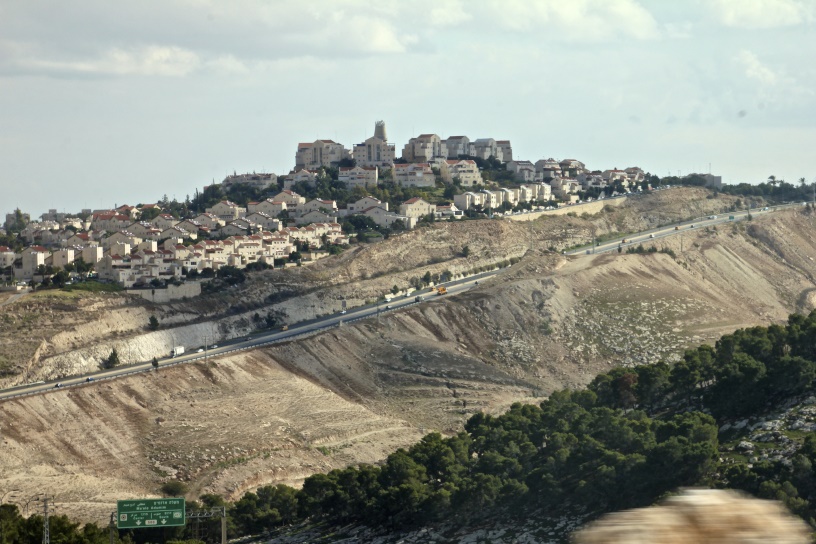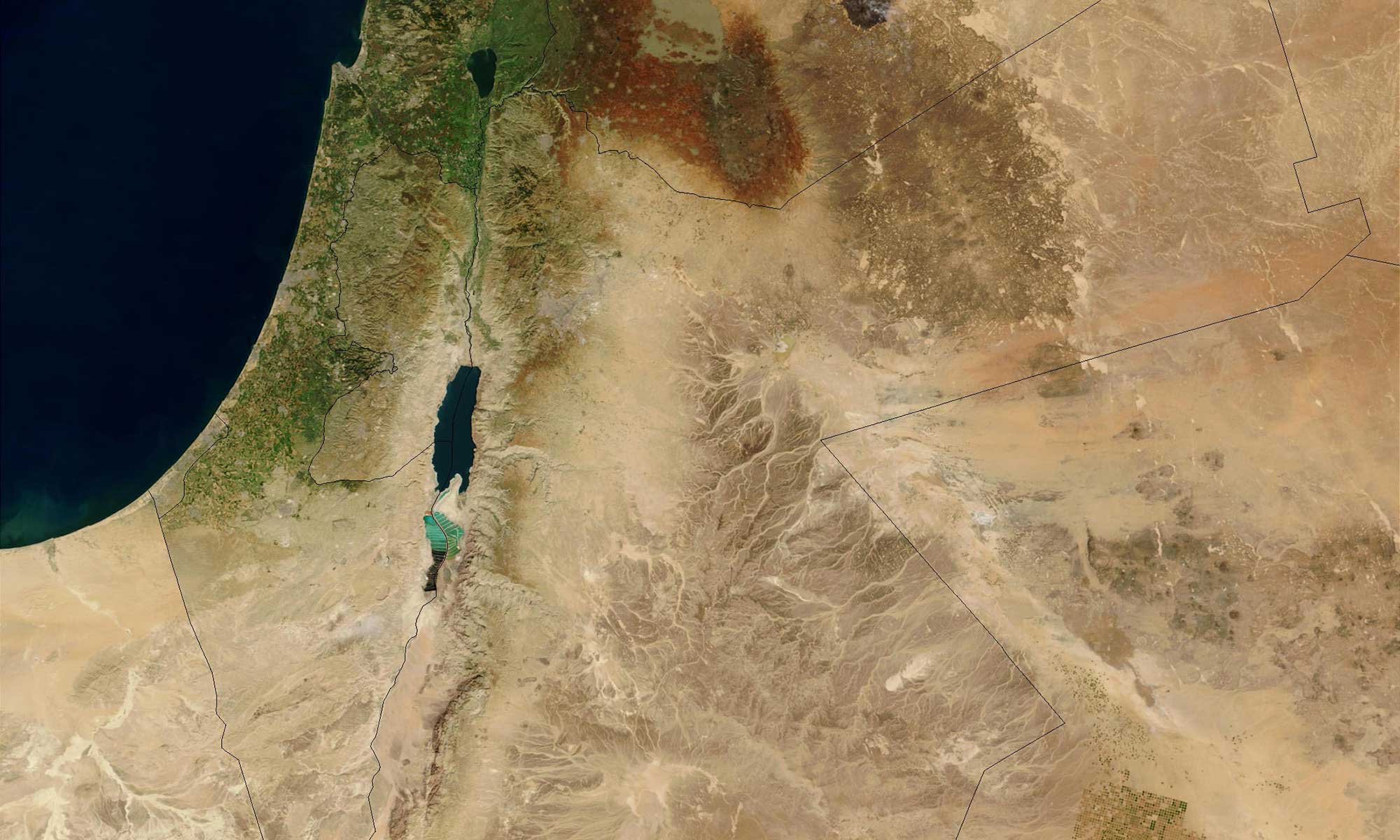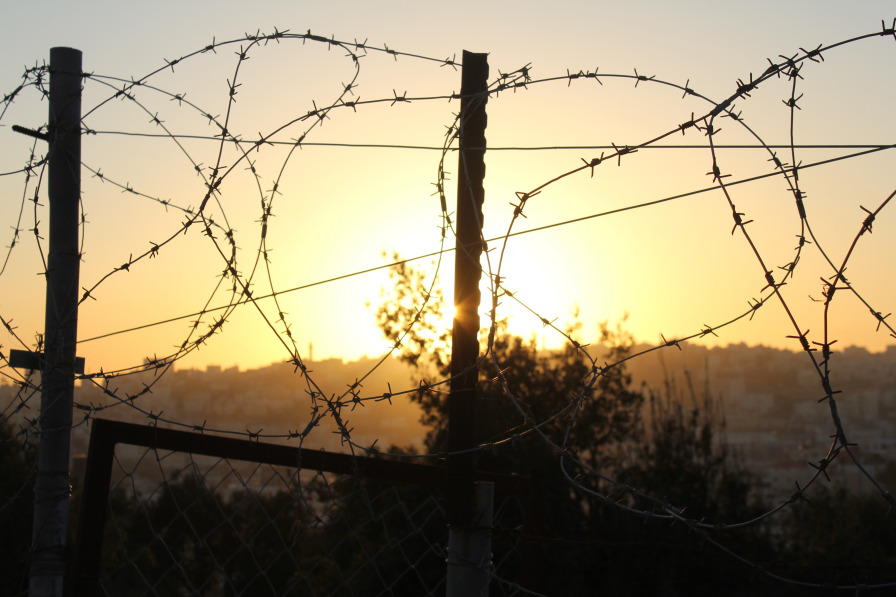
Quakers in Britain and the Ecumenical Accompaniment Programme in Palestine and Israel (UK & Ireland) have joined many UK-based humanitarian, development, human rights and faith organisations to robustly defend the rights of the Palestinian people. They say a sustainable peace for Palestinians and Israelis can only be built on the foundations of international law.
Full text of the statement follows:
Last May, a group of UK-based humanitarian, development, human rights and faith organisations working to support the rights and welfare of the Palestinian people raised the alarm over President Trump’s so-called ‘peace plan’. Since then, we have witnessed only further devastating human impacts of occupation: increasing rates of demolition of Palestinian structures and the displacement of families, obstruction of access to healthcare and education, and the chronic deterioration of the Palestinian economy which is leading to unemployment and destruction of livelihoods.
There is a major risk that the so-called ‘peace plan’, set to be released imminently, will lead to the formal annexation of Palestinian land, perpetual Israeli occupation, and the negation of Palestinians’ collective right to self-determination. Such an outcome will only deepen poverty and polarisation.
Formal annexation would also seriously breach a foundational principle of the post-WWII international legal order, with implications far beyond the Israel-Palestine context.
Palestinians are already losing their land with creeping de-facto annexation of the West Bank, forcing them to become perpetually aid dependent despite abundant natural resources.
A sustainable peace for Palestinians and Israelis can only be built on the foundations of international law. We are deeply concerned that the basic human rights and civilian protections guaranteed to the Palestinian people are now in even greater danger.
We therefore reiterate our urgent call on the UK government, parliamentarians and civil society organisations to reaffirm their commitment to the principles of international law and justice at this critical time, and uphold their respective legal and moral responsibilities to robustly defend the rights of the Palestinian people.
The UK has repeatedly stated that annexation of part of the West Bank “would be contrary to international law, damaging to peace efforts and could not pass unchallenged.” Now is the time for the UK to outline what form such a challenge would take, and how it will work with other states to support the Palestinian people to attain their fundamental right to self-determination.
There is a possible path to sustainable peace if we listen, learn, and bring more voices to the table. Peace should be rooted in the recognition of the human rights and dignity of all Palestinians and Israelis, as well as a firm foundation in international law.
Statement endorsed by the following 16 agencies:
- ABCD Bethlehem
- Care International UK
- Catholic Agency for Overseas Development (CAFOD)
- Christian Aid
- Council for Arab-British Understanding (Caabu)
- Ecumenical Accompaniment Programme in Palestine and Israel – UK & Ireland (EAPPI UK & Ireland)
- Embrace the Middle East
- Friends of Birzeit University (Fobzu)
- Friends of Nablus and the Surrounding Areas (FONSA)
- Interpal
- Lawyers for Palestinian Human Rights (LPHR)
- Medical Aid for Palestinians (MAP)
- Sabeel-Kairos UK
- War on Want
- Welfare Association
- Quakers in Britain

Other responses:
- One State: A Vision for Palestinians That Is Not Trump’s by Al-Jazeera English)
- Trump’s Middle East Peace Plan Isn’t New. It Plagiarized a 40-Year-Old Israeli Initiative by Yehuda Shaul (February 11, 2020)
- Statements about Trump’s “Deal of the Century”
- No to Christian Support for the “Deal of the Century” (petition)
- What do Palestinians Want? Freedom and Justice for All
- Trump/Kushner’s Plan: Peace to Prosperity, a Vision to Improve the Lives of Palestinian and Israeli People









